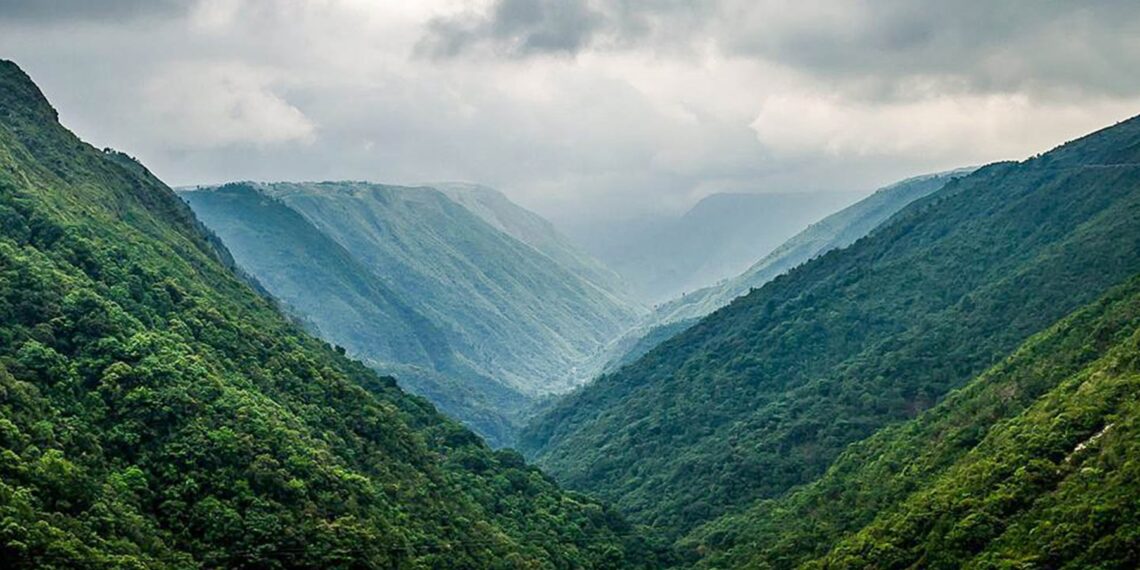SHILLONG: In a landmark move towards environmental conservation, European pharmaceutical giant AstraZeneca has pledged a staggering USD 71 million towards a comprehensive reforestation initiative in Meghalaya.
Through this 30-year-old regenerative horticulture and agriculture project, named “Regeneration Meghalaya”, it aims to plant and maintain an estimated 64 million plants and trees in the Northeastern state.
To be implemented in collaboration with Earthbanc, Earthtree, Worldview Impact India, and the Hill Farmers Shiitake Mushroom Coop Society, the goal is to assist Meghalayan farmers in restoring 22,670 hectares of land, fostering biodiversity, soil conservation, and offering climate and catchment health co-benefits.
Officially launched with the planting of 200,000 trees, the project is now focusing on soil and water conservation efforts to facilitate the planting of millions more in 2024.
The initiative not only addresses environmental concerns but also aims to support sustainable farming practices and agroforestry among local farmers.
Essential oils and food produced align with Meghalaya’s aromatic policy, while crop management adheres to organic and natural farming policies.
Juliette White, Vice President for Global Sustainability at AstraZeneca, emphasised the collaboration’s commitment to planting and maintaining 200 million trees by 2030.
“In India, our collaboration with Earthbanc will restore nature in a degraded biodiversity hotspot while supporting farming livelihoods,” she told the press.
Tom Duncan, Chief Executive of Earthbanc, praised Meghalaya and India for their impressive policies and programmes.
The project’s emphasis on developing sustainable value chains ensures farmers’ livelihoods, leading to increased land cover, productivity, and soil organic carbon, thereby mitigating land degradation.
British High Commissioner to India, Alex Ellis, highlighted the project’s significance in meeting India’s ambitious carbon sink targets and reiterated the global importance of protecting, restoring, and sustainably managing nature in the fight against climate change.
This initiative, a part of AstraZeneca’s broader global forest programme, aims to plant 200 million trees across six continents by 2030.















